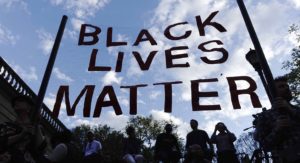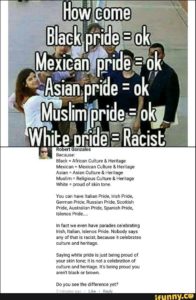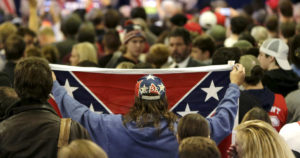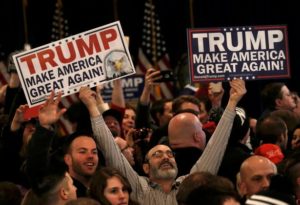So far, we’ve learned how politics, social influences, and education have affected the black community in America. So far, we’ve learned that social institutions have found every chance to exploit, oppress, and undermine blacks in this country. We’ve also learned that with unison and swift tactical responses, there is hope for blacks in this country. From W.E.B DuBois to Keeanga Taylor, we’ve learned that going forward with black movements, these tactics have to include social cohesion. With class and racial differences, the upper middle class has pitted lower middle class and middle class whites against blacks. Various authors from the readings have mentioned that going forward, blacks and movements like Black Lives Matter, need to try to include this group of people in the movement. Maintaining the racial identity, black thinkers have established the black revolution as one that must refer to class and status, and one that has to take on institutions that are bigger than racial disparities.
As time has progressed, slavery morphed into lynching and Jim Crow, and lynching morphed into shootings and mass incarceration. The violence and oppression against black faces has seen a distasteful parallel to that of a previous era. Under political tycoons, racist policies have targeted black families with various methods, but the outcome has always been the same. As always, protests are labeled as riots, and are met with swat teams and tear gas. In the 60’s they were met with powerful water hoses and dogs. Again, different methods, but the same outcome. Going forward, there seems to be a much more common consensus about the change in tactics to combat such drastic methods. More people have absorbed the idea that “black faces in high places” isn’t the solution to the revolution. More people have understood that civil unrest has to be persistent and forceful. And with this new knowledge, there will be progress.




